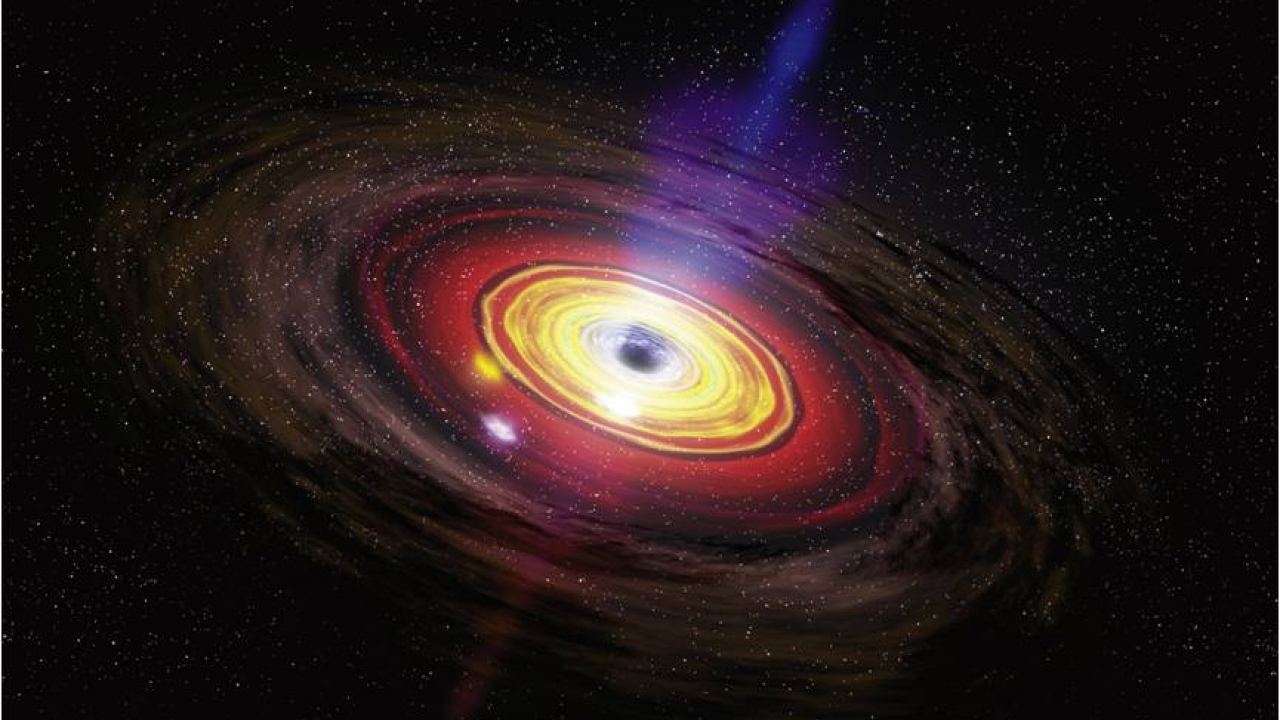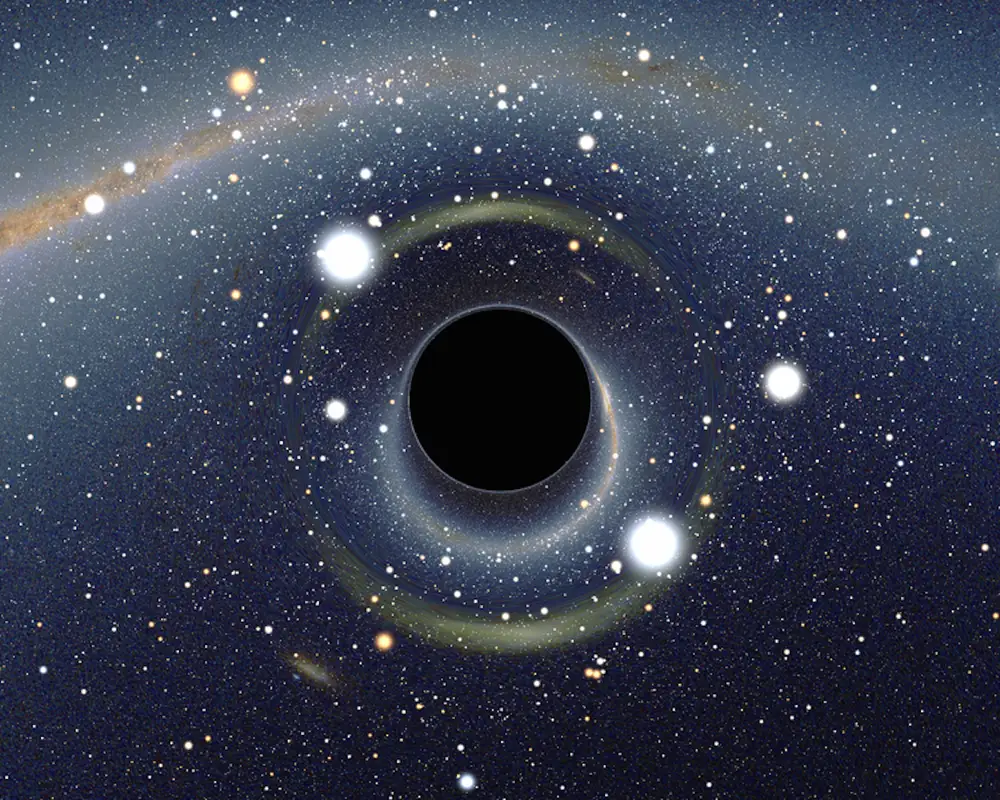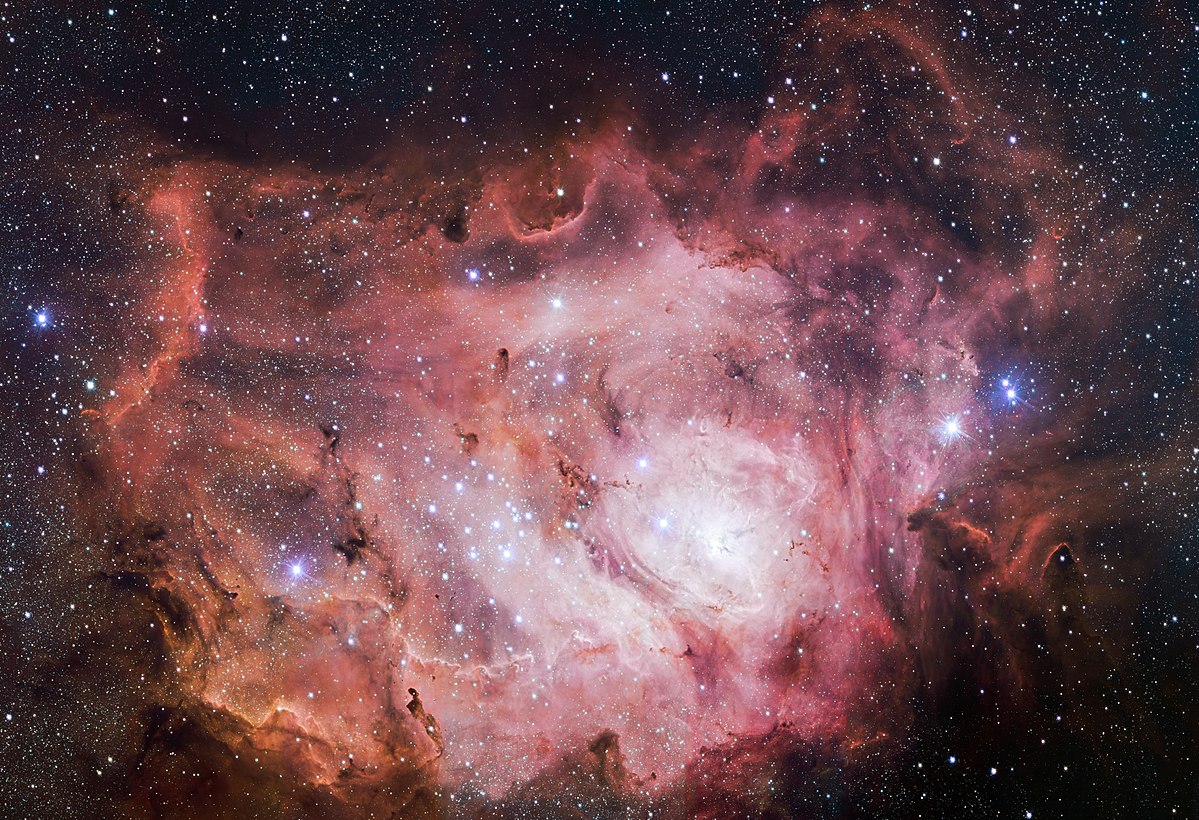How Ancient Civilizations Shaped Astronomy
Throughout history, ancient civilizations have shaped our understanding of astronomy. By observing the night sky and developing sophisticated astronomical systems, these civilizations developed their societies and paved the way for future scientific discoveries. Their observations and findings of celestial phenomena became intertwined with religious beliefs and cultural practices, giving today’s insights a … Read more










